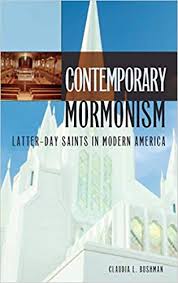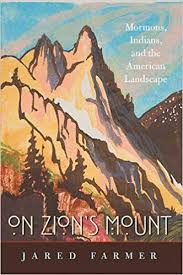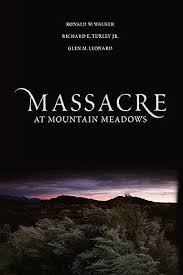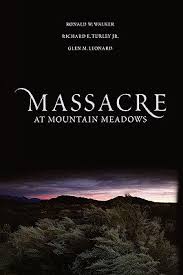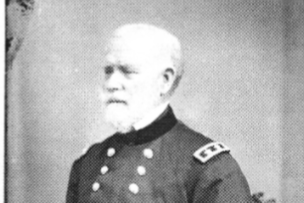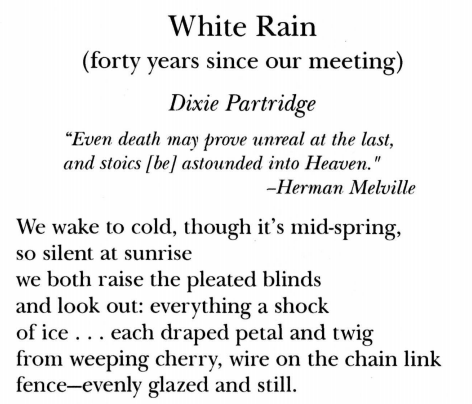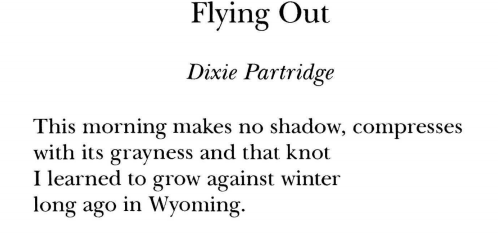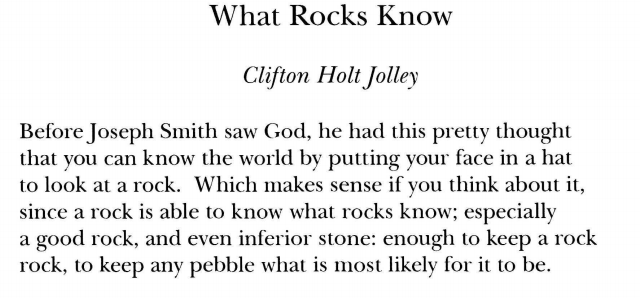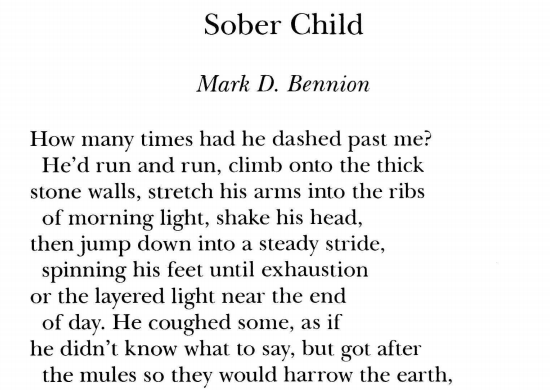In some ways, this volume is just the latest in a long line of books written on the Mountain Meadows Massacre of 1857. Historians, journalists, and others have told this story and furnished analyses from a variety of angles and perspectives, suggesting this devastating tragedy’s multiplicity of explanations and implications. Nonetheless, this book is sui generis, in that it was supported by the LDS Church with astonishing commitments of financial and human resources. All three authors are practicing Latter-day Saints, and are employed by or are retired from the LDS Church and the LDS Church History Department (xv; back jacket flap). The participation of Richard Turley, now assistant Church historian, signals an unprecedented degree of official cooperation.


